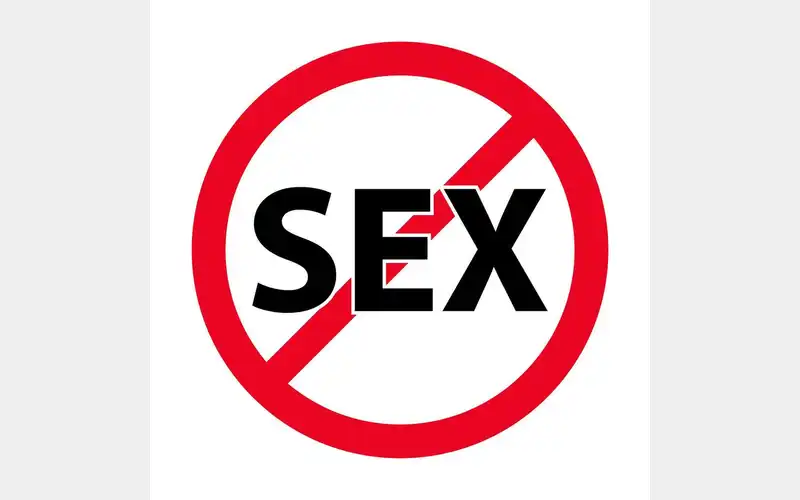A recent study from the Institute for Family Studies (IFS) highlights a significant decline in sexual activity among Americans, marking what some researchers describe as a “sex recession.” The IFS surveyed 1,000 adults and found only 37 percent reported having sex weekly—a sharp drop from 55 percent in 1990. This trend coincides with the U.S. fertility rate, projected by the Congressional Budget Office to average just 1.6 births per woman over the next three decades, well below the replacement level of 2.1.
The decline in sexual activity is especially pronounced among young adults. A 2022 Kinsey Institute and Lovehoney survey found that one in four Gen Z adults had never had partnered sex, with men more likely than women to report sexual inexperience. The share of 18- to 29-year-olds living with a partner fell from 42 percent in 2014 to 32 percent in 2024, according to the General Social Survey.
Sexlessness—defined as reporting no sexual activity in the past year—has also doubled among young adults, rising from 12 percent in 2010 to 24 percent in 2024. The shift is not limited to singles: married adults, who are more likely to have sex than unmarried peers, have also seen a decline. From 1996-2008, 59 percent of married adults aged 18 to 64 had sex weekly or more, compared to 49 percent from 2010 to 2024.
Experts point to a range of factors driving the trend. Nicholas H. Wolfinger, of the University of Utah, notes that a decline in cohabitation rates and changing relationship patterns are key contributors. He also cites possible influences such as falling testosterone levels, increased screen time, and lingering effects of the COVID-19 pandemic, which may have led some to grow accustomed to single or celibate lifestyles.
Sociologist Mark Regnerus of the University of Texas at Austin argues that digital habits and smartphone use are transforming social and sexual behaviors, replacing in-person interactions and diminishing intimacy in both dating and marriage. He warns that this shift may erode social unity and the traditional authority of family, with potential long-term consequences.
The issue is gaining attention at the highest levels. Vice President JD Vance recently called for greater support for young families and emphasized the importance of higher birth rates, while the United Nations Population Fund has issued warnings about a global birth rate crisis.
While the causes of America’s sex recession remain hotly debated, its implications for social cohesion, family life, and population stability are profound—and solutions remain uncertain.

























